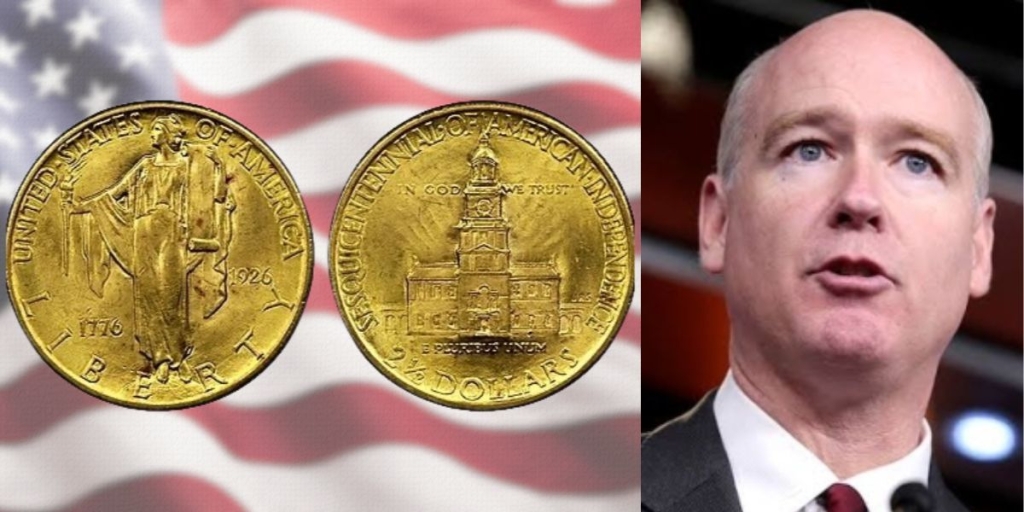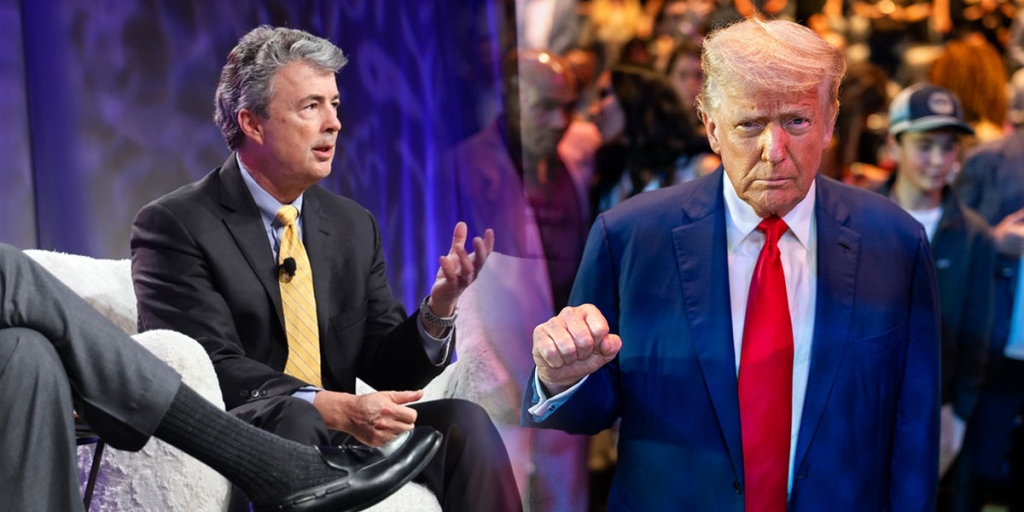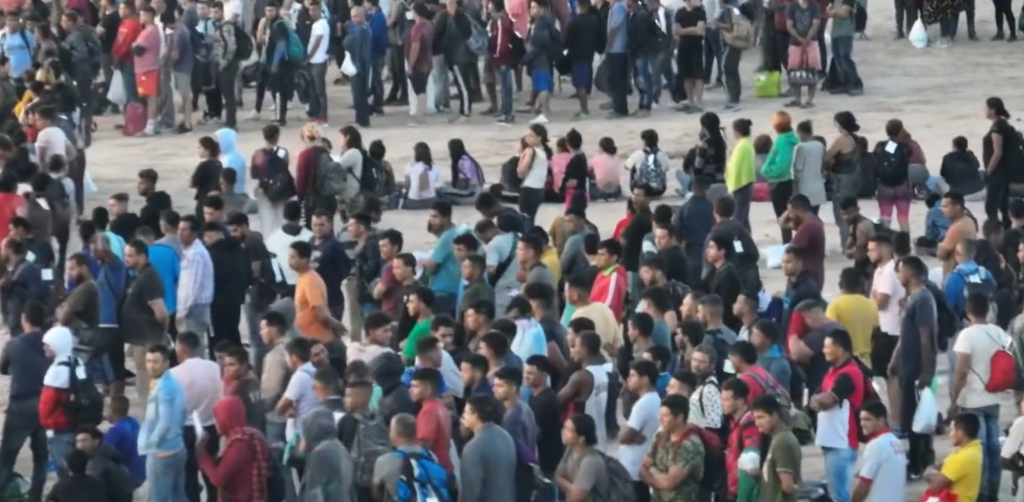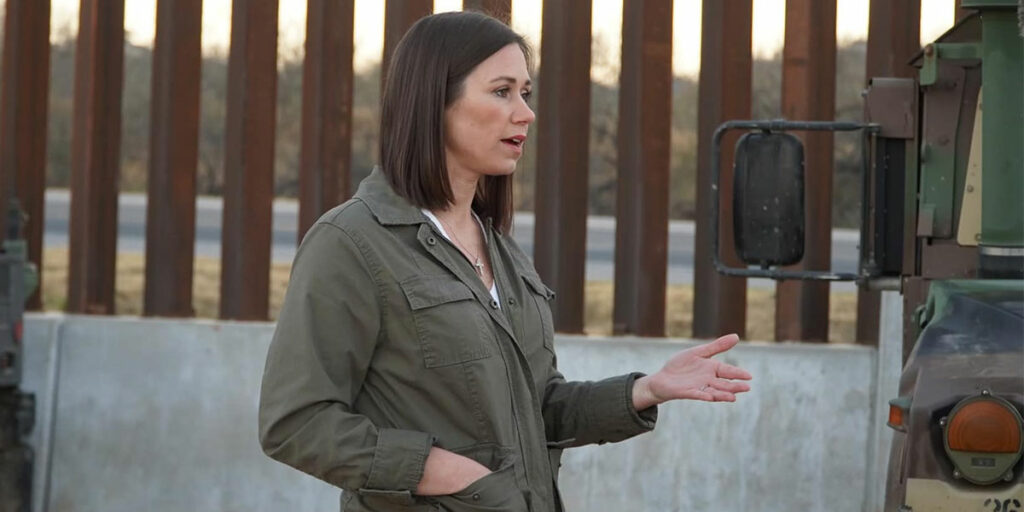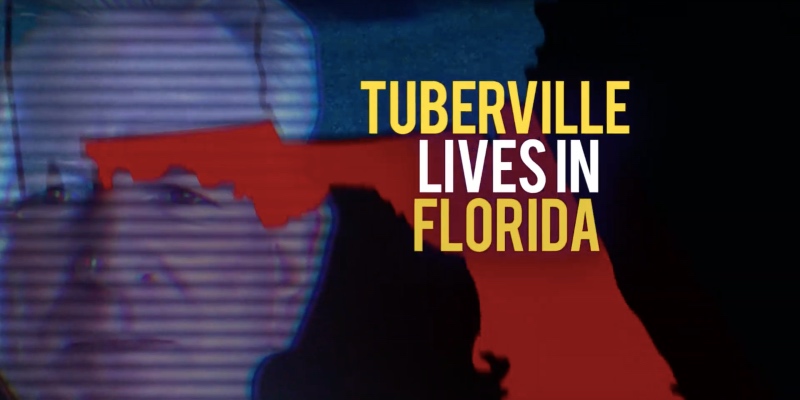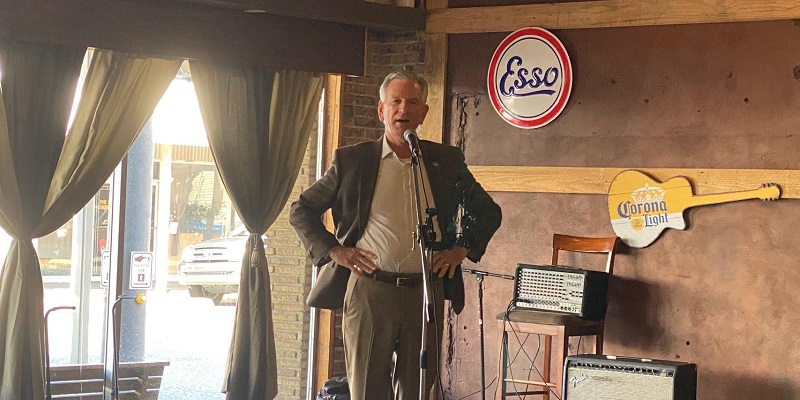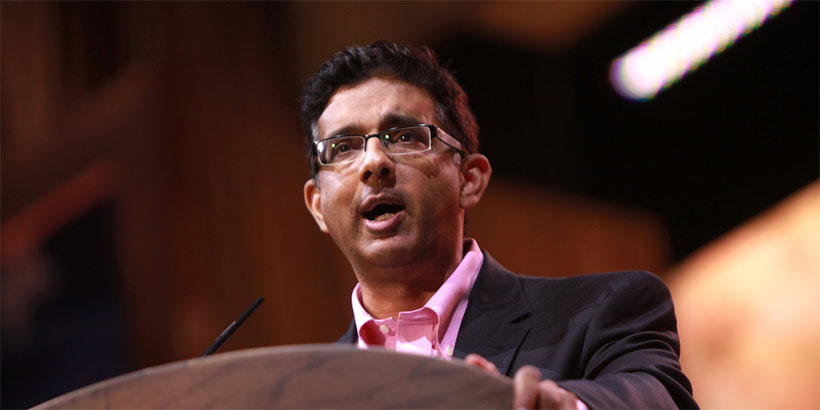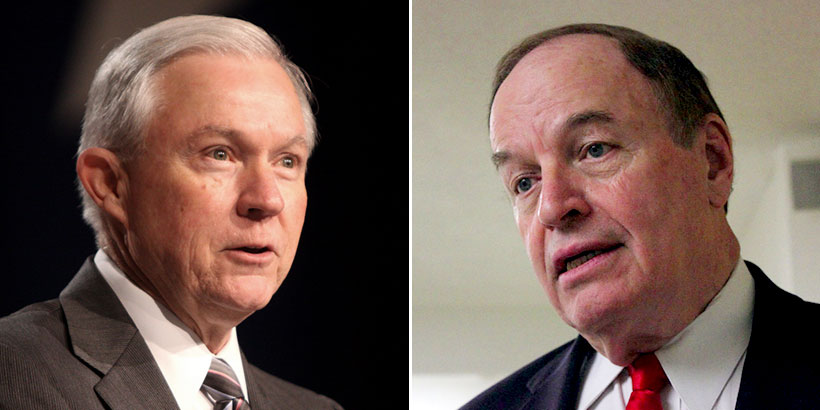
WASHINGTON, D.C. — Alabama’s U.S. Senators Richard Shelby and Jeff Sessions are joining in the fight against President Obama’s amnesty plan in the U.S. Supreme Court.
The senators from the Yellowhammer state were joined by 42 of their Senate colleagues in filing a brief that supports a challenge to the Obama Administration’s executive actions on immigration, questioning the constitutionality of President Obama’s Deferred Action for Parents of Americans (DAPA) policy.
DAPA is an executive order signed by President Obama that exempts illegal immigrants from being deported if they are the parents of a child who is an American citizen.
“Such an action stands in stark contravention to federal law and to the constitutional principle of the separation of powers,” the Senators’ brief states. “There is little doubt that the Executive adopted the Deferred Action for Parents of Americans and Lawful Permanent Residents (‘DAPA’) program as part of an explicit effort to circumvent the legislative process.”
Attorney General Luther Strange announced Alabama has joined a coalition of 26 states in filing a merits brief before the U.S. Supreme Court in opposition to the Obama administration’s order granting de facto amnesty to some four million illegal immigrants.
The states argue that the administration’s Deferred Action for Parents of Americans and Lawful Permanent Residents (DAPA) is unconstitutional and runs counter to the Tenth Amendment. DAPA also violates Article II of the Constitution, which demands that the President must “take care that the laws be faithfully executed.” In other words, the coalition of states argue that the President is unlawfully picking and choosing which laws to enforce, and which laws to ignore, the states insist.
The U.S. 5th Circuit Court of Appeals ruled against the President’s action last year and oral arguments before the U.S. Supreme Court will be held April 18. With Justice Scalia gone and with only 8 members on the court, it is probable that the court will render a split decision. In that case, the ruling of the lower court would stand but not create binding precedent.





